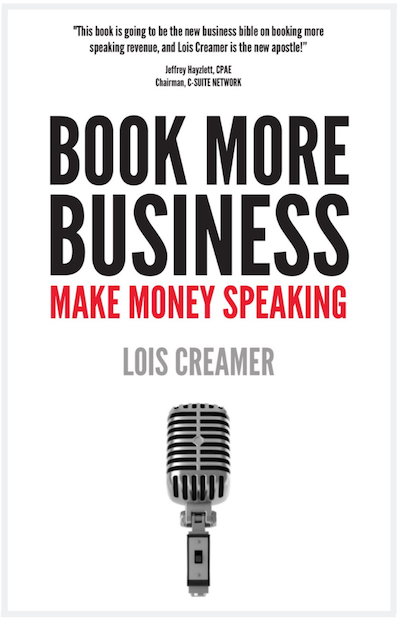 I had an interesting conversation with a friend in the business the other day. After we talked I said, “This would make a great blog post!” So, here it is! It’s about being recorded without any agreement being made in advance. In fact, it’s about being recorded when you have specifically requested that they not do so.
I had an interesting conversation with a friend in the business the other day. After we talked I said, “This would make a great blog post!” So, here it is! It’s about being recorded without any agreement being made in advance. In fact, it’s about being recorded when you have specifically requested that they not do so.
Due to technical problems, the meeting ended up having her present via webcast instead of in person. (You need to roll with the punches!) She found out that during her presentation, many were literally holding up their phones and recording her program! The entire thing! She was unaware of this because she did not have a good view of the audience. She called me and wanted my take on what she could do about it. I told her, in a word, nothing.
Having your material recorded is an occupational hazard. I know that’s not what you want to hear, but it’s the truth. Try as we may, there is nothing we can do to 100 percent insure it never happens. That said, there are a few things you can do to try and manage the situation.
I now suggest that speakers have a “no recording without permission” clause in their contracts. And, beyond that you may want to even include this admonition in your introduction! I think it makes sense to do so. If this clause is in your contract the only one who sees it is the person who hires you. If you have it part of your introduction, everyone hears it. Does it mean they won’t do it? No. Is there anything beyond this you can do (save for bringing an attorney into the mix), no.
You do have the option of asking the organization “police” the conference to make sure nothing is being recorded. If they see someone doing it, they could tap them on the shoulder and invite them to leave. Will they do this? I doubt it. But it doesn’t mean you can’t request it!
Of course the discouraging thing about all of this is that we are in the intellectual property business. People buy our intellectual properties as if they were a commodity. Audiences buy bits and pieces of your intellectual property every time they purchase a book, tape or another product you may offer.
I further suggest that you may want to carry a simple audio/video agreement with you printed out on your letterhead. Be prepared to whip it out at the event if you see that the group is planning on recording without prior agreement. We must do what we can to manage the situation. Make it simple. Include the following:
1. No recording allowed without prior written agreement
2. No part of program can be replayed without permission
3. Program may not be duplicated and distributed
4. Program may never be sold by company
5. Written agreement is required for any use of any material
I’m sure you can think of others that should be on the list. My take is this. If anyone is going to record your program let it be you. Then you distribute it and sell it as a product to whomever you wish!
Don’t make any agreement be filled with too much legalese. Make it relational. That’s what works best. When you think about it, even if your program is recorded, are you willing to hire a lawyer and sue the heck out of your client? Probably not. Usually the relationship is the most valuable thing.
If you have been lucky enough to never have had this happen, leave now and buy a lottery ticket. Then, make sure you are set up to protect yourself and your business!
—
Lois works with professional speakers who want to book more business, make more money and avoid costly mistakes! She can be reached in the following ways:
Lois@BookMoreBusiness.com
Phone: 314.822.8225
Twitter: @loiscreamer
Facebook: http://www.facebook.com/loiscreamer
LinkedIn: http://www.linkedin.com/in/loiscreamer
For more information on Lois’ business check out http://www.bookmorebusiness.com as well as http://www.bookmorebusiness.tv!
Sign up so you don’t miss a blog post at http://www.BookMoreBusiness.com/blog


